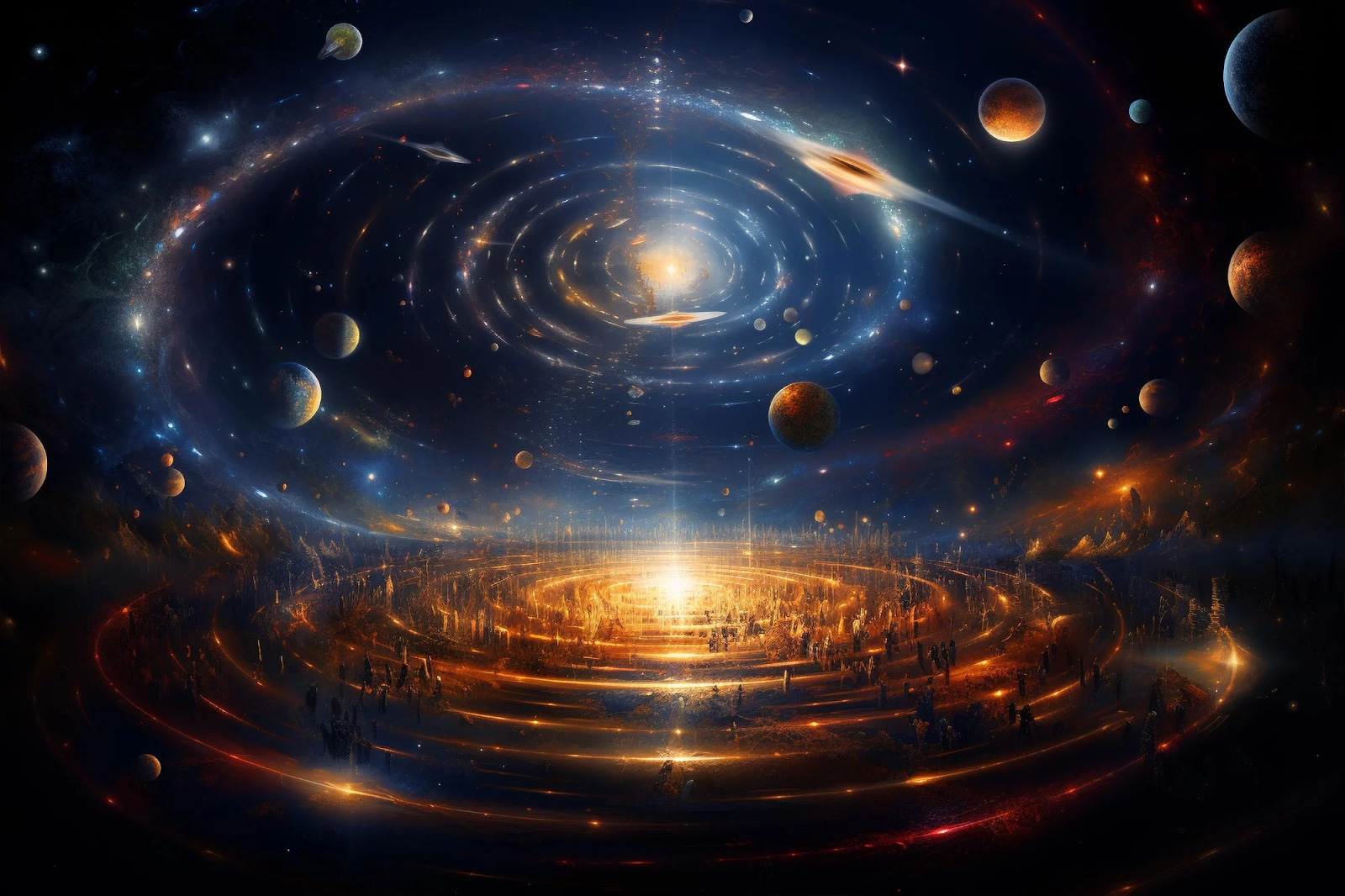It’s true, it doesn’t and I see no reason to contest that Richard Dawkins’ assessment is inaccurate either: DNA neither cares nor knows. DNA just is. And we dance to its music. I am not a significant organism in the world, and I will not be leave a ‘dent’ on the universe, a reality that's expressed well in Psalm 103:
“The life of mortals is like grass,
they flourish like a flower of the field;
the wind blows over it and it is gone,
and its place remembers it no more.”
You see, when we consider our place in the universe and our insignificance (in terms of our size), I find it hard to come up with any reason to disagree with Dawkins or indeed with Oliver Burkeman, who concludes his book on the meaning of life, with the observation that ‘what you do with your life doesn’t matter all that much—and when it comes to how you’re using your finite time, the universe absolutely could not care less. . .’
Amazon describes this particular book as: ‘uplifting.’
‘Meaningless meaningless, everything is meaningless,’ writes the author of Ecclesiastes or to be more precise (in the original Hebrew), ‘Abel abel, everything is abel ’ - remember Abel, that poor second born son of Eve who was murdered by his brother? Everything, we’re told, is simply Abel an agony and a vapour, empty and over all too soon.
The trouble we have with accepting Burkeman’s conclusion and Dawkins’ realism is that, well, life doesn’t feel like it’s meaningless and we don’t feel as though our lives are insignificant. For many modern writers they conclude that humanity's task is to simply learn to stare this cold truth down, to make our peace with it and to finally rid ourselves of its delusion. Then, they often go on to tell us, what remains is to simply try and enjoy life all the same, ‘make the most’ of life however long we get (4000 weeks by Burkeman’s estimate). I hear this time and again in sermons by materialists and atheist celebrities: it's an incredibly exciting thing, this one, meaningless life of yours. Good luck. (Tim Minchin) And I don’t doubt their conclusion based on the sources they’re using.
Stare at the dirt through a microscope for long enough and you’ll doubtless come to the same conclusion. The universe really doesn’t appear to care about us one bit. My problem is that all of it just seems to be a little, well, obvious. In fact it’s so obvious it’s a wonder they feel the need to say it in the first place, let alone say it with 80,000 words. Many of these writers are wonderfully gifted with brilliant minds but in the end they’re really not saying anything that’s worth the time of day. Tell me something I don't know why not.
Having said that however, the main issue I have with all these books and blogs is that they fail to engage properly with the main piece of evidence we have to the contrary. The philosophy of the Stoics or the religion of the pre-modern world didn’t pretend to promote the value or dignity of the human race. As far as the Romans/Greeks/Egyptians/Bebylonians were concerned humanity existed to be the slaves of the gods. They/we simply didn't matter to the gods, and we certainly weren't loved by them.
So why, I ask do we feel the need to confront an insistence that we do matter? Who conned the world into normalising the belief to the contrary?
One word: Jesus.
Jesus taught poor, agrarian peasants, with a life expectancy of little more than thirty that they matterered. In fact he even went so far as to teach that the most minute details of their lives matter: “Not one sparrow falls to the ground apart from your Father’s knowledge… and you are worth more than many sparrows.” (Mt. 10:19
Of course, just saying nice things that make us feel better about ourselves doesn’t make them true, but I’m suggesting that he’s the reason we feel justified in holding on to some odd sense of our innate value and cosmic significance. Jesus is to blame. He's to blame, not that feel these things (every organism undoubtedly feels themselves to be central), but that we feel justified in feeling like this. Outside of Jesus we’re told to ‘wake up from delusion’ (Buddhism, Materialism, Stoicism etc.), but because of Jesus we're told 'your Father loves you.'
So what evidence did Jesus offer to back up this claim, and why did his ideas get noticed when all the philosophy of his day stood in opposition to him?
Two things:
- Jesus died, for us. And as he died he pronounced forgiveness over us, demonstrating in his death the Father’s great love for us.
- He was raised to life again, for us. Jesus didn’t simply die a meaningful death, he rose again as validation of his proclamation.
It was this and this alone that turned the obvious truth that ‘the universe doesn’t care’ on its head. Sure, the universe may not care - but what about the one who made the universe?
The universe doesn’t care, but the one who made it does.
The very next verse to the one quoted above in Psalm 103 continues:
the wind blows over it and it is gone,
and its place remembers it no more.
But from everlasting to everlasting
the Lord’s love is with those who fear him,
and his righteousness with their children’s children—
The reason your life matters isn’t because of the dent you’ll make on the universe, rather it’s the imprint you’ve made on God’s heart. We know this instinctively to be true of course. When a person becomes a parent they know that their new born baby is of no consequence to Pollux the brightest star in Gemini’s constellation. No, their baby isn’t important because it’s impressive, it’s important because it’s loved.
And so are you.
